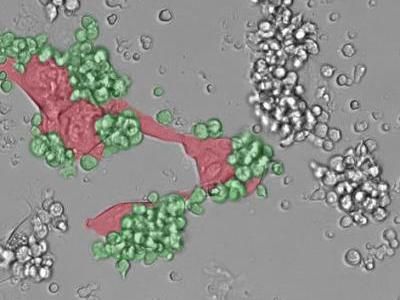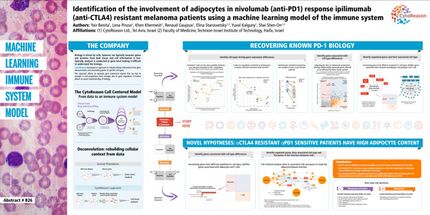Uppsala BIO signs first European open innovation agreement with Roche for its program BIO-X
Uppsala BIO has formed a strategic partnering agreement with Roche, for Uppsala BIO’s open innovation program, BIO-X. The cooperation agreement links Uppsala BIO and BIO-X to Roche’s global innovation network on at least a three-year term, and will offer projects selected in the BIO-X program access to Roche’s expertise in early stage life science product development.
The agreement between Uppsala BIO and Roche is the result of Roche’s search for a European partner to its open innovation program EIN, Expanding the Innovation Network, and is the first of its kind in Europe.
The BIO-X program identifies and supports ideas in the research community that can satisfy unmet medical needs or solve problems in healthcare, drug development, and diagnostics. “We are very proud to be the first European partner to sign with Roche´s global program for open innovation Expanding the Innovation Network. Having Roche as a strategic partner opens up great possibilities to our early projects within the BIO-X program,” said Associate Professor Erik Forsberg, Managing Director for Uppsala BIO.
“The agreement with Roche, which has a long experience in working with early life science projects, is a fantastic opportunity and will give us strategic input on industrial and customer needs and add significant value and competitive edge to the region’s, as well as Sweden’s life sciences sector,” Eric Forsberg added.
Each BIO-X project selected by Roche for collaboration will have a specially assigned contact within Roche, assuring that the projects get access to expertise and other internal resources that can advance the project towards its goal as efficiently as possible. Roche will also co-finance selected projects. In return, Roche will get a right-of-first negotiation.
Other news from the department business & finance

Get the life science industry in your inbox
By submitting this form you agree that LUMITOS AG will send you the newsletter(s) selected above by email. Your data will not be passed on to third parties. Your data will be stored and processed in accordance with our data protection regulations. LUMITOS may contact you by email for the purpose of advertising or market and opinion surveys. You can revoke your consent at any time without giving reasons to LUMITOS AG, Ernst-Augustin-Str. 2, 12489 Berlin, Germany or by e-mail at revoke@lumitos.com with effect for the future. In addition, each email contains a link to unsubscribe from the corresponding newsletter.
More news from our other portals
See the theme worlds for related content
Last viewed contents
PAVA_spray
Xenon Enters Into Anemia Collaboration With Roche - Xenon to Receive $7 Million for Equity, and Could Potentially Receive $44 Million From Research Funding and Milestone Payments
Generex Biotechnology extends scope of U.S. patent protection for vaccine technology
Perenniporia_medulla-panis
Biocitech - Romainville, France
Crozier_(mycology)
Camarotella_costaricensis
Category:FOLN_domain
Heart cells replaced throughout life
Category:Lachrymatory_agents

























































